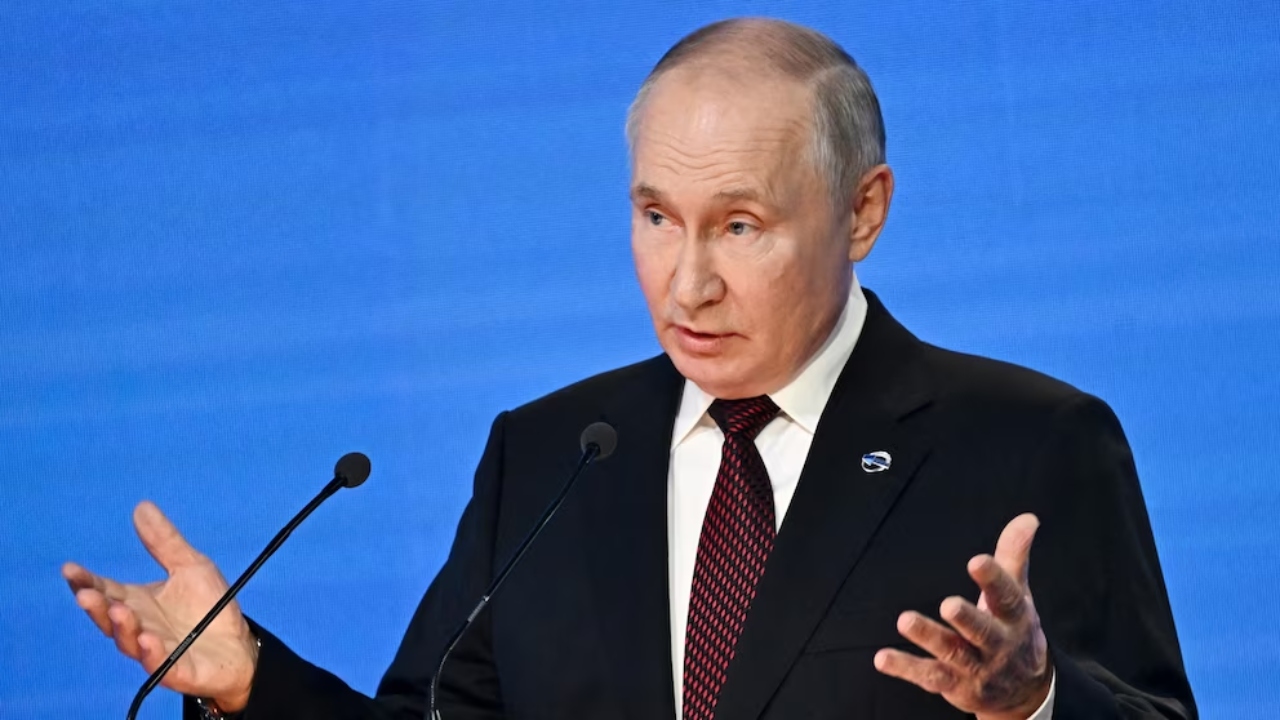Russian lawmakers unanimously approved revoking the CTBT, raising global concerns over potential nuclear testing and escalating tensions with the West.
Russia Raises Eyebrows Across The World
Russian lawmakers have given their unanimous approval to a bill that seeks to revoke the ratification of the Comprehensive Nuclear Test Ban Treaty (CTBT), further intensifying tensions between Moscow and the West in the midst of Russia’s ongoing conflict in Ukraine.
The upper house of the Russian parliament, the Federation Council, endorsed the bill on Wednesday, following the lower house, the State Duma, which had passed it in an accelerated vote the previous week. The legislation now awaits the signature of President Vladimir Putin to become effective.
On October 5, President Putin expressed his reservation, saying, “I hear calls to start testing nuclear weapons. I am not ready to say whether we really need to conduct tests or not.”

Deputy Foreign Minister Sergei Ryabkov had previously indicated that Moscow would continue to respect the CTBT and would only resume nuclear testing if the United States did so.
On October 6, Russia announced its intention to withdraw from the treaty, mirroring the United States, which had signed but never ratified the agreement.
The implications of this revocation for Russia’s nuclear testing activities remain unclear.
Ryabkov pointed out on Wednesday that the United States had conducted a chemical explosion at its test site in Nevada.
The US claimed the test aimed to enhance its ability to detect low-yield nuclear explosions, but Ryabkov told the Federation Council that it was an unmistakable “political signal.”
He added, “As our president said, we must be on alert, and if the United States moves towards the resumption of nuclear tests, we will have to respond in kind.”
The United States expressed its concerns about Russia’s decision to withdraw from the CTBT earlier in the month, stating that such a move needlessly endangered the global norm against nuclear explosive testing.
The U.S. State Department further suggested that Russia’s actions might be an attempt to pressure the United States and other countries supporting Ukraine in its conflict with Russian forces.
President Putin frequently invoked Russia’s nuclear doctrine following Russia’s invasion of Ukraine.
With the abandonment of the CTBT, the last remaining bilateral nuclear weapons treaty between Washington and Moscow is the New START agreement, which had facilitated regular inspections of each other’s nuclear facilities and limited warheads.
Russia suspended this treaty in February, and it is set to expire in early 2026.
On Wednesday, Deputy Foreign Minister Ryabkov informed the media in Moscow that the Kremlin had received informal proposals from the United States to resume discussions on matters of strategic stability and arms control “in isolation from everything that is happening.”
However, he emphasized that Moscow deemed a return to such dialogue “simply impossible” without a fundamental change in the United States’ deeply hostile approach toward Russia.
Get the news you need at It’s On News.


